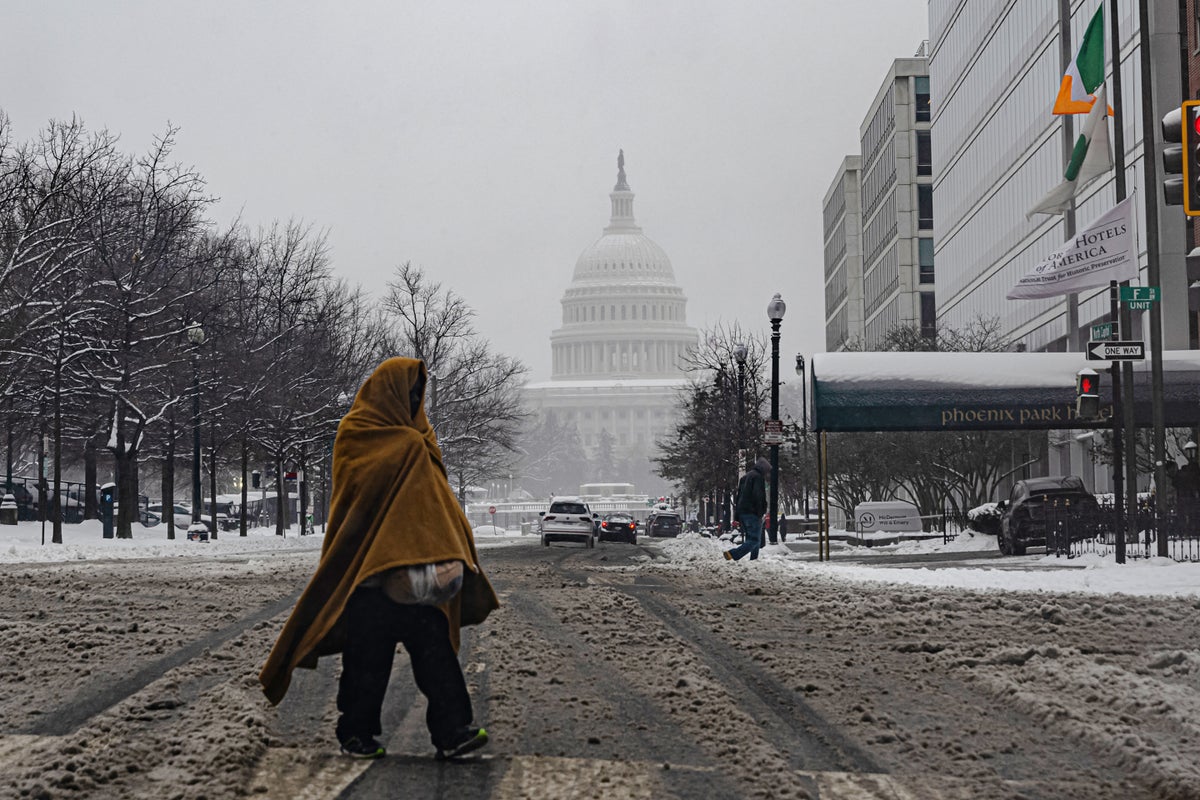In context: In the wake of the Covid-19 pandemic, the world of work has undergone a seismic shift, with remote work becoming a central point of contention between employers and employees. As we enter 2025, a new trend is emerging: workers are increasingly willing to accept lower salaries in exchange for the privilege of working from home, while some companies are reversing this strategy to entice employees back to the office.
The desire for remote work has become so strong that many job seekers are willing to make significant financial sacrifices. Some candidates are accepting 5% to 15% less pay for the opportunity to work from home, Theresa L. Fesinstine, founder of human resources advisory peoplepower.ai, told Fortune.
“There’s this unspoken exchange rate between flexibility and comp, and for some candidates, it’s worth a significant trade-off,” said Fesinstine. This is especially true “for those who value work-life balance or are saving on commute costs.”
However, this shift is not without its critics. Sara Kobilka, a communications and education consultant, warned that paying remote workers less is a “dangerous trend.” While she herself took a lower-paying job to escape a toxic work environment, Kobilka argued that this should not translate into “unilaterally paying remote employees less.”
Employers are finding themselves in a delicate balancing act. Almost half of managers anticipate challenges in meeting candidates’ compensation expectations, according to Robert Half’s 2025 US Hiring Outlook. In response, many are offering remote or hybrid work options as a negotiating tool to bridge the gap between salary expectations and actual offers.

Michael Steinitz, senior executive director of professional talent solutions at Robert Half, noted that employers who aren’t providing remote work accommodations may need to find other ways to incentivize in-office work, such as negotiating additional paid time off.
Interestingly, the same Robert Half research reveals that 76% of job candidates are willing to work fully in-office in exchange for a higher salary, with the average raise requested being about 23%.
Despite the apparent willingness of some workers to accept lower pay for remote work, experts warn of potential consequences. Amy Spurling, founder and CEO of employee benefits reimbursement platform Compt, predicted a second Great Resignation in 2025. She cautioned that companies attempting to “lowball” remote workers may face a harsh reality as employees seek better opportunities.
This prediction is supported by a 2024 PwC report, which forecasts a 28% increase in the number of people planning to change jobs, compared to the 19% of people who changed jobs during the Great Resignation of 2022.
As the debate over remote work and compensation continues, it’s clear that both employers and employees are navigating uncharted territory. Fesinstine argued that remote work “isn’t a perk anymore, but rather a standard operating model.”
The coming years will likely see continued negotiation and adjustment as companies strive to balance their operational needs with employee preferences.
“Even in a softening market, candidates are maintaining high expectations around salary and flexibility,” Steinitz said. “Employers need to act quickly with competitive, well-rounded offers, and be prepared to negotiate – especially when seeking top-tier talent with specialized skills.”
Masthead: BRUNO CERVERA








Leave a Comment